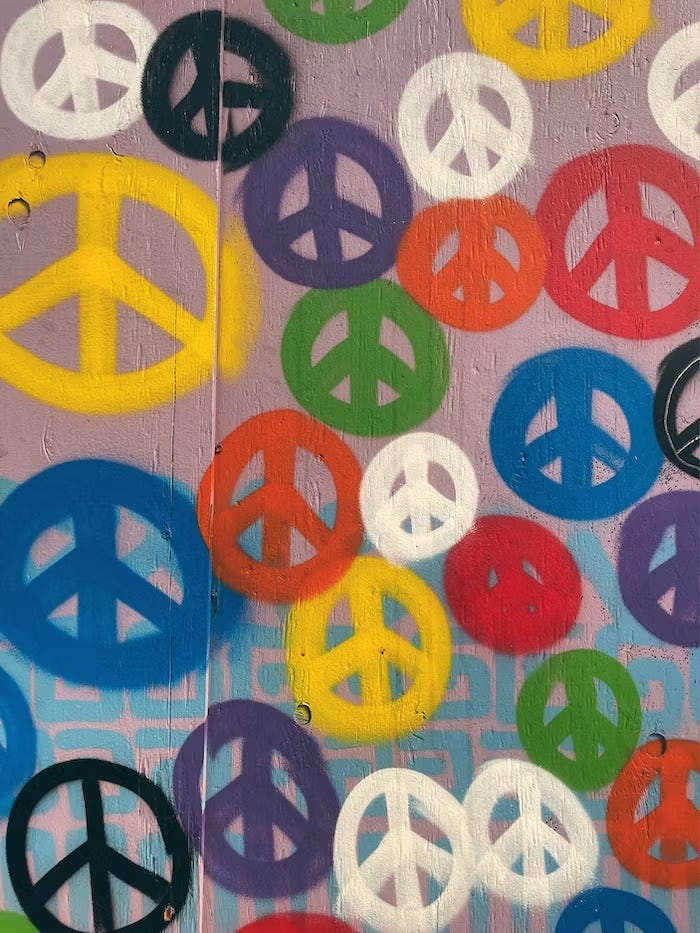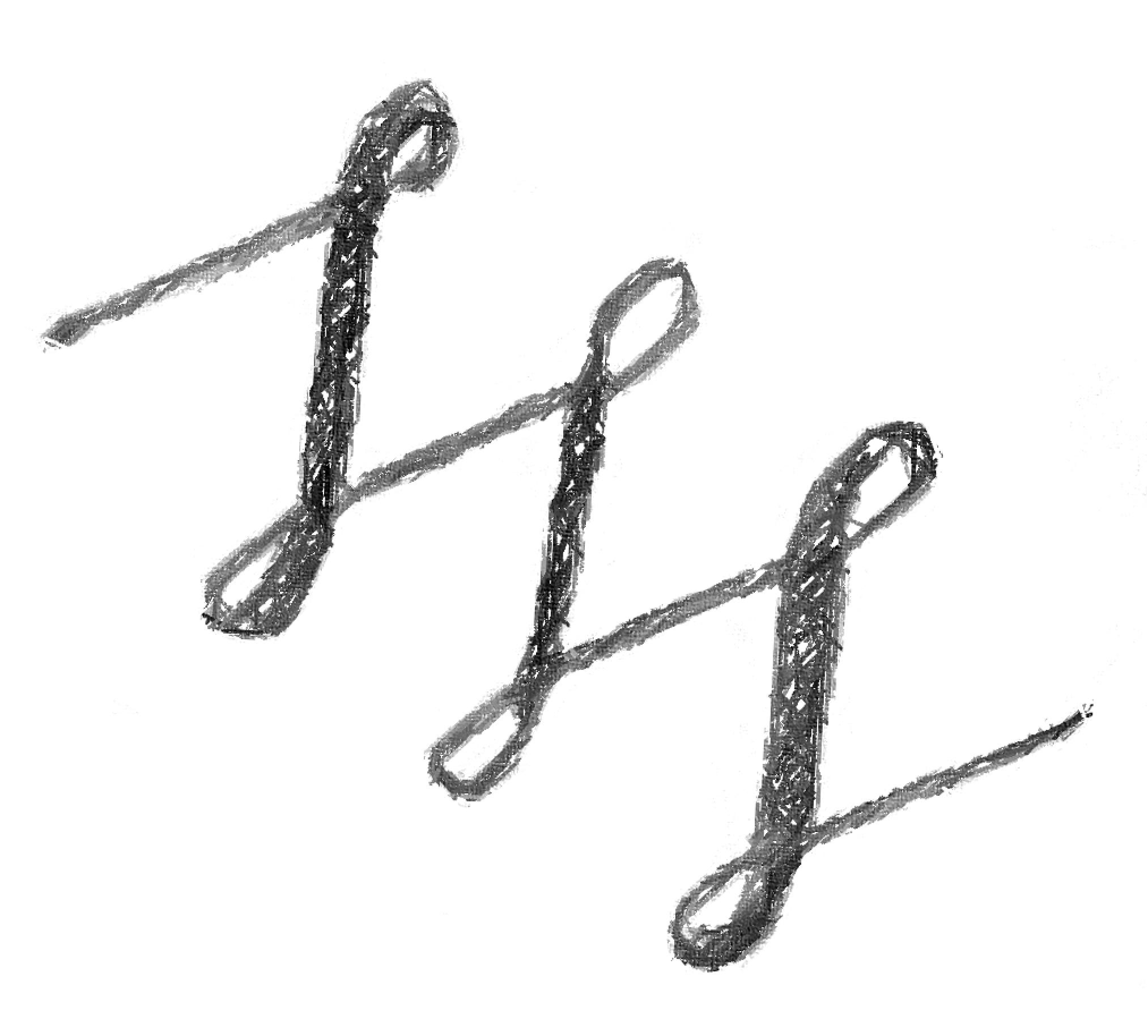Hi all,
Thank you for joining me for this Sunday Special commentary.
Comments and questions are welcome. Please be respectful of others’ opinions if they should differ from yours.
If you’d like to hear the song before you read the background, I’ve included a YouTube video below the article.
For Japanese students, a glossary of the vocabulary in bold is provided below. If you have the Substack app on your phone, you can LISTEN to the article as you read.

(732 words)
The Persian Gulf War happened in 1990-1991 when Iraq, led by Saddam Hussein, invaded Kuwait over conflicts related to oil in the region. Many countries formed a coalition, led by the U.S., and fought against Iraq. After a few weeks, Iraq was pushed out of Kuwait, and the war ended.
Today’s song is the Gulf War Song by the group Moxy Früvous (1991). Let’s take a look at the lyrics:
We got a call to write a song about the war in the Gulf / But we shouldn't hurt anyone’s feelings
So we tried, then gave up, cause there was no such song / But the trying was very revealing
What makes a person so poisonous righteous / That they’d think less of anyone who just disagreed?
Here, the singers are asking why person A acts like they’re better than person B just because B doesn’t agree with A.
She’s just a pacifist, he’s just a patriot
If I said you were crazy, would you have to fight me?
We call each other names. Children call each other names, too, and sometimes, it leads to fights.
Fighters for liberty, fighters for power
Fighters for longer turns in the shower
This is probably cultural, but in various countries, some families take showers in the morning. Because the bathroom contains not only the shower but also the toilet and bathroom sink, everyone has to use it at some point. Disagreements happen about who should be able to use the shower for a longer time.
Don’t tell me I can’t fight, ‘cause I’ll punch out your lights. Don’t tell me I’m weak because I’ll fight you. “Punch out your lights” is an idiom meaning to hit someone very hard.
And history seems to agree that I would fight you for me. In other words, I will fight you to benefit myself or my position.
So we read and we watched all the specially-selected news / And we learned so much more ‘bout the good guys
The main news media (TV, newspapers, etc.) broadcast information about how justified the coalition’s actions were and how well the war was going.
Won’t you stand by the flag? was the question unasked
Won’t you join in and fight with the allies?
These were ideas that were assumed (not even asked). Everyone in the coalition countries would show their patriotism and support the war effort without question.
Yet, the singers were young. They had grown up in a peaceful country and questioned why they should have to fight:
What could we say? We’re only 25 years old
With 25 sweet summers, and hot fires in the cold
This kind of life makes that violence unthinkable
We’d like to play hockey, have kids and grow old
What are some of the reasons countries go to war? Here, they give two: the first, to protect the interests of oil companies (Texaco) and the second, to maintain a country’s power in a region:
Fighters for Texaco, fighters for power
Fighters for longer turns in the shower
Don’t tell me I can’t fight ‘cause I’ll punch out your lights
And history seems to agree that I would fight you for me
That “us” would fight “them” for “we”
We will fight the enemy to benefit our position. Why did they write it this way? The direct object becomes the subject of the sentence. For “we” uses a subject pronoun instead of the object pronoun “us”. Maybe they’re making a statement about how during war, everything becomes complex and twisted.
Again, we label people without really understanding the reasons for their beliefs or positions. He’s just a peacenik and she’s just a war hawk. A peacenik is a person who is opposed to war. A war hawk is a person who favors war.
That’s where the beach was, that’s where the sea
What could we say? We’re only 25 years old
And history seems to agree
That I would fight you for me
That “us” would fight “them” for “we”
Finally, the singers ask the most important question:
Is that how it always will be?
…
I think this song is asking, “How are we ever going to stop conflicts if we can’t resolve them peacefully in our own families/neighborhoods/communities/cities/countries?” Doesn’t resolving conflict start at home? How can we learn to listen to others and not have to always be right? How can we stop conflicts from escalating and getting out of control?
Question:
Why do you think the songwriters included the lines:
That’s where the beach was, that’s where the sea?
VOCABULARY
coalition 連立
revealing 〈話などが〉啓発的な; 暴露的な
poisonous 毒
righteous 正義
pacifist 平和主義者
justified 正当
assume 当然に思う








Hi Mmerikani! Wow, I hadn’t considered that, but it very well could be. I really had no idea other than the 25-year-olds were looking back at their younger selves who now, after understanding war, can’t return to their innocence. (Probably reading wa~y too much into it!) Your suggestion makes sense.
Hi Louise! Is the beach and sea referring to the country borders of Iraq, Kuwait, and the Persian Gulf?